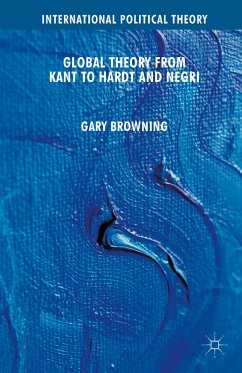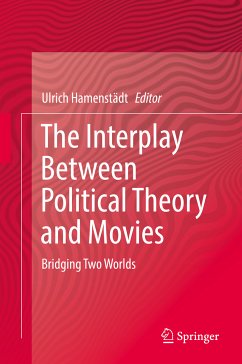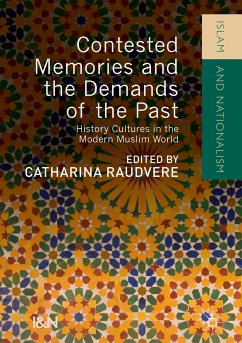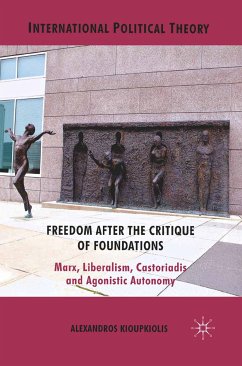
Global Theory from Kant to Hardt and Negri (eBook, PDF)
Versandkostenfrei!
Sofort per Download lieferbar
40,95 €
inkl. MwSt.
Weitere Ausgaben:

PAYBACK Punkte
20 °P sammeln!
Global theory represents an influential and popular means of understanding contemporary social and political phenomena. Human identity and social responsibilities are considered in a global context and in the light of a global human condition. A global perspective is assumed to be new and to supersede preceding social theory. However, if contemporary global theory is influential, its identity, assumptions and novelty are controversial. Global Theory from Kant to Hardt and Negri scrutinises global theory by examining how contemporary global theorists simultaneously draw upon and critique preced...
Global theory represents an influential and popular means of understanding contemporary social and political phenomena. Human identity and social responsibilities are considered in a global context and in the light of a global human condition. A global perspective is assumed to be new and to supersede preceding social theory. However, if contemporary global theory is influential, its identity, assumptions and novelty are controversial. Global Theory from Kant to Hardt and Negri scrutinises global theory by examining how contemporary global theorists simultaneously draw upon and critique preceding modern theories. It re-thinks contemporary global ideas by relating them to the social thought of Kant, Hegel and Marx, and in so doing highlights divergent ambiguous aspects of contemporary global theories, as well as the continuing impact of the ideas of Kant, Hegel and Marx.
Dieser Download kann aus rechtlichen Gründen nur mit Rechnungsadresse in A, B, BG, CY, CZ, D, DK, EW, E, FIN, F, GR, HR, H, IRL, I, LT, L, LR, M, NL, PL, P, R, S, SLO, SK ausgeliefert werden.












